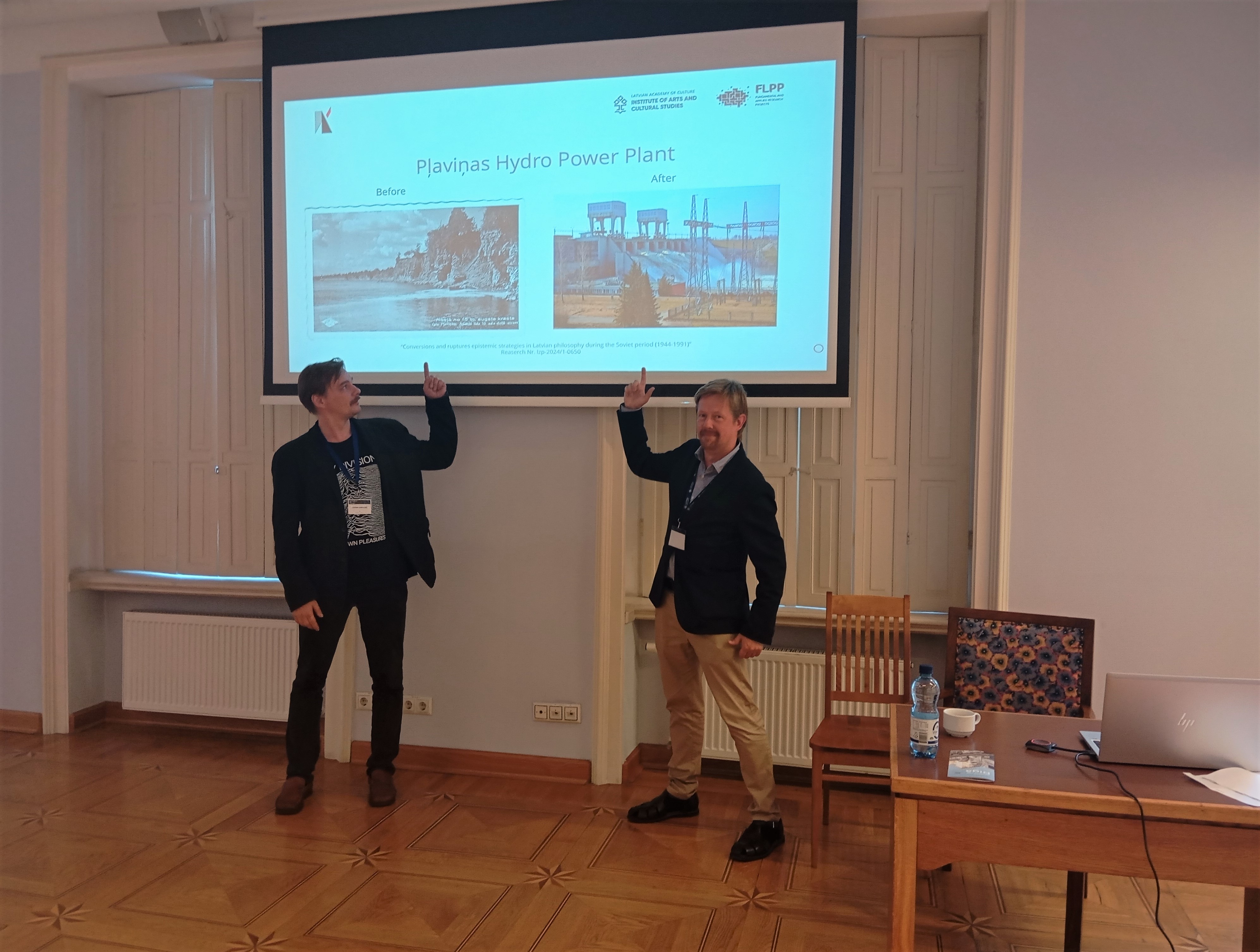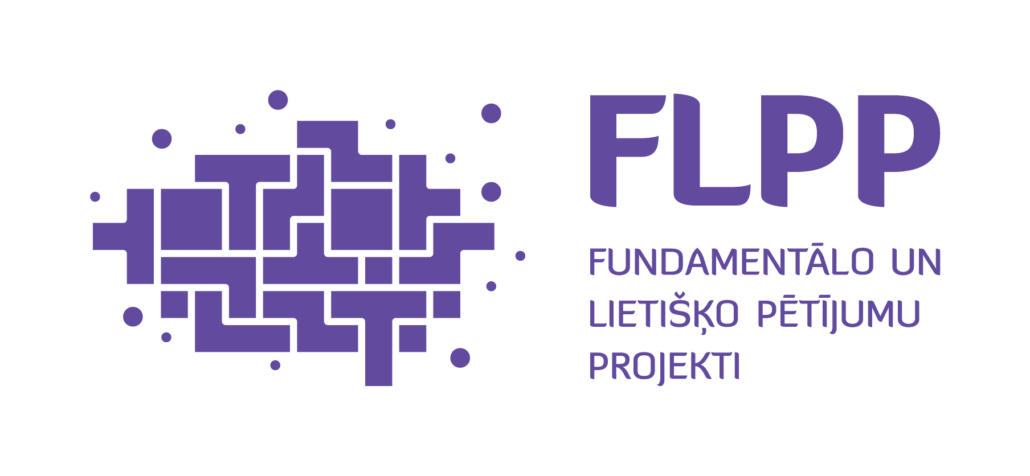Conversions and ruptures: epistemic strategies in Latvian philosophy during the Soviet period (1944-1991)
Project leader: Andris Hiršs (PhD)
Project No: lzp-2024/1-0650
Project implementation: 1.01.2025.–31.12.2027.
Project funding: 299 994,00 EUR
Funded by: Latvian Council of Science Contacts: PhD Andris Hiršs, andris.hirss@kultura.lv
The project ‘Conversions and ruptures: epistemic strategies in Latvian philosophy during the Soviet period (1944-1991)’ (Nr. lzp-2024/1-0650) is funded by the Latvian Council of Science.
Abstract
The research examines the relationship between philosophy and power, focusing on events in the intellectual sphere of Latvia during the Soviet occupation from 1944 to 1991. The concept of conversion, traditionally tied to religious contexts and illustrating spiritual transformation, is used within the project to describe rapid adjustment of intellectuals to new ideological systems. This adjustment necessitates not only the individual\'s acceptance of new values and ideas but also a critical reassessment of their prior beliefs. By focusing on the concepts of conversion and rupture, we intend to capture the two pivotal moments in 20th-century Latvian history: the Soviet occupation and the restoration of independence, and their profound impact on the intellectual landscape. Our approach corresponds with the theoretical framework of studies of discontinuities in historiography, which emphasizes ruptures rather than continuity in historical narrative. We utilize the concept of “epistemic strategies”, which describe the ways intellectuals adapted, or resisted to ideological requirements of the Soviet totalitarian state.
Project team
Andris Hiršs (Project Leader)
Ella Buceniece (Lead project participant)
Andrejs Balodis (Project participant)
Velga Vēvere (Project participant)
Daiga Livčāne (Project participant)
Ainārs Kamoliņš (Student project participant)
Anna Freiberga (Student project participant)
Paula Elmere (Student project participant)
Sandra Leikarte (Student project participant)
data management plan
The data management plan for the research project "Conversions and Breaks: Epistemic Strategies of Latvian Philosophy in the Soviet Period (1944-1991)" is available here (https://doi.org/10.5281/zenodo.15103439)
Project activities
Project participants Ainārs Kamoliņš and Andrejs Balodis took part in the Central and Eastern European Society for Phenomenology (CEESP) conference “Phenomenology and Technology”, which took place in Riga at the beginning of September 2025.
03.-05.09.2025
In their joint presentation, “Postphenomenological Analysis of the Soviet Sublime: Pļaviņas Hydropower Plant”, the researchers examined the experience of Soviet-era energy infrastructure from the perspective of philosophy, phenomenology, and the humanities, thus connecting the research strands of Soviet industrial and intellectual heritage.
The conference presentation is related to A. Kamoliņš’s doctoral thesis developed within the academic doctoral programme at the Latvian Academy of Culture.
The conference was widely attended by the European philosophical community, which allowed the Conversion project participants to successfully engage in networking. They were able to discuss future collaboration opportunities with researchers from European countries where the study of Soviet intellectual heritage is also actively pursued, including participation in academic conferences and collective volumes.
Article by Liene Rumpe on the research work and field expeditions of Ainārs Kamoliņš and Andrejs Balodis: [Liene%20Rumpe,%20Ekspedīcija%20HES.%20Pirmā%20daļa,%20Creative%20Museum,%20publicēts%2026.08.2025]Liene Rumpe, Expedition HES. Part One, Creative Museum, published 26.08.2025

Researchers at the Latvian Academy of Culture contribute new insights into the development of Latvian philosophical thought during the Soviet era
03.06.2025
In January 2025, a new research initiative was launched at the Latvian Academy of Culture under the Fundamental and Applied Research Programme: “Conversions and Ruptures: Epistemic Strategies in Latvian Philosophy during the Soviet Period (1944–1991)” (Project No. lzp-2024/1-0650). The study focuses on two critical periods of transformation (1944–1953 and 1981–1991) during which the relationship between intellectuals and political power became particularly significant. The project will result in both academic and popular science publications, as well as presentations at international conferences and public events.

